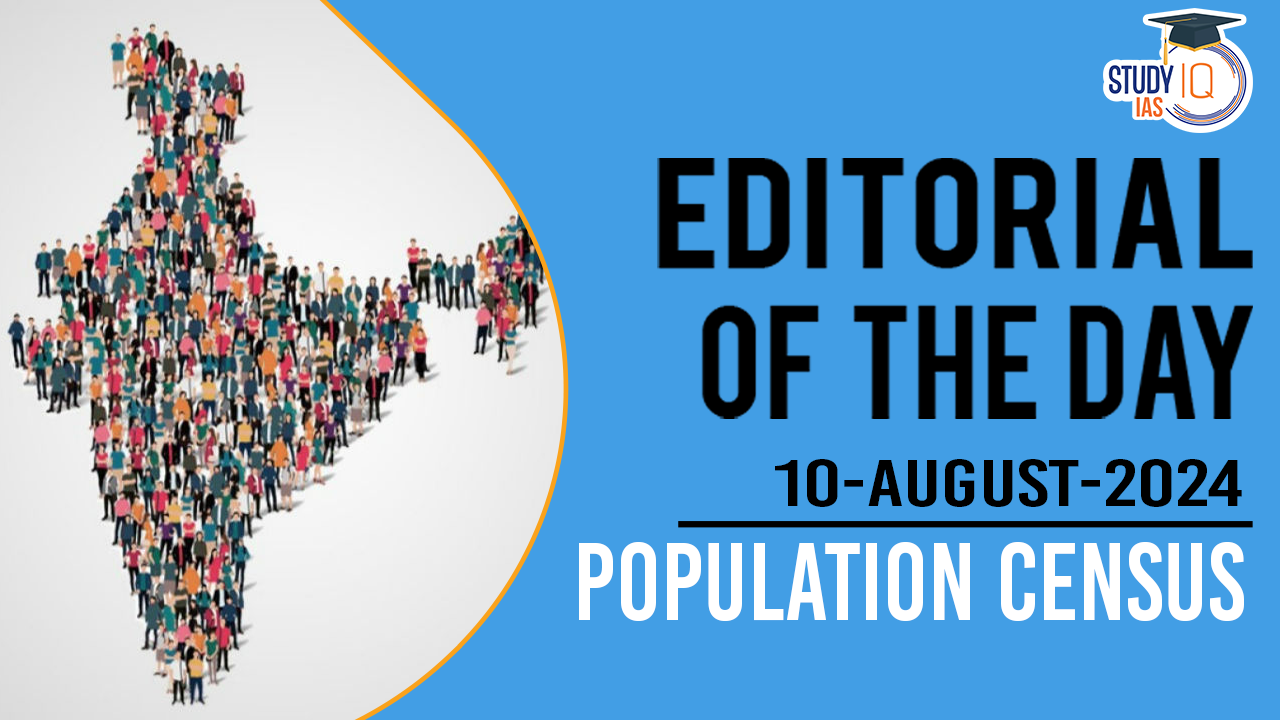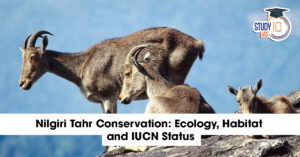Table of Contents
Context: The Indian decadal Census has been delayed by over 3 years.
More in News
- Concerns have been raised about the consequences of not conducting the Census.
- There is a misconception among officials about substituting the Census with alternative methods of counting the population
The Need for a Timely Census
- Comprehensive Data: The Census provides more than just a population count; it includes locational, familial, and individual information.
- The past decade and a half have seen potential transformations in population count and composition and in areas like education, occupation, employment, health (including COVID-19), and livelihoods.
- Delaying the Census is seen as irresponsible given the need to examine these changes.
- There is a push for a caste Census for political reasons, overshadowing the broader utility of a general Census for development planning.
- Missing the 2021 Census is unjustifiable, especially since a general election was conducted amidst uncertainties, indicating that the required machinery is comparable.
Implications of Delay
- Evaluating Government Schemes: Without a proper denominator from the Census, evaluating the success of government programs is misleading.
- The urgency for a Census is tied to understanding rapid demographic transitions and demographic dividends.
- Reliability of Surveys: Surveys without a recent Census frame are less reliable and representative, affecting the generation of Sustainable Development Goal (SDG) indicators.
- Progress in SDGs based on these indicators may be questionable due to statistical inadequacies.
- Global Significance: Accurate demographic data is crucial for population giants like India and China, influencing global population trends.
- The Census provides real data rather than estimates based on past trends.
The Caste Census Controversy
- Political Motivations: The call for a caste Census is seen as politically motivated, aimed at establishing differential entitlements rather than genuine inclusion.
- Historically, caste auditing was discontinued for valid reasons, and its revival is questioned.
- Assessment of Deprivation: Assessing deprivation through tangible endowments alone is limited.
- There is a lack of systematic assessment of mobility in education and occupation against caste despite long-term affirmative actions.
Conclusion
Call for Immediate Census: The delay or avoidance of the Census benefits the state by allowing claims of progress without accurate denominators.
- The scientific community should advocate for the immediate need for a Census to dispel the illusion that surveys and administrative statistics can replace it.
- The key concern remains whether the Census has been delayed or deliberately avoided.


 Graphic Processing Units (GPUs) – Work...
Graphic Processing Units (GPUs) – Work...
 Gold Imports and the Indian Economy – ...
Gold Imports and the Indian Economy – ...
 Nilgiri Tahr Conservation: Ecology, Habi...
Nilgiri Tahr Conservation: Ecology, Habi...




















